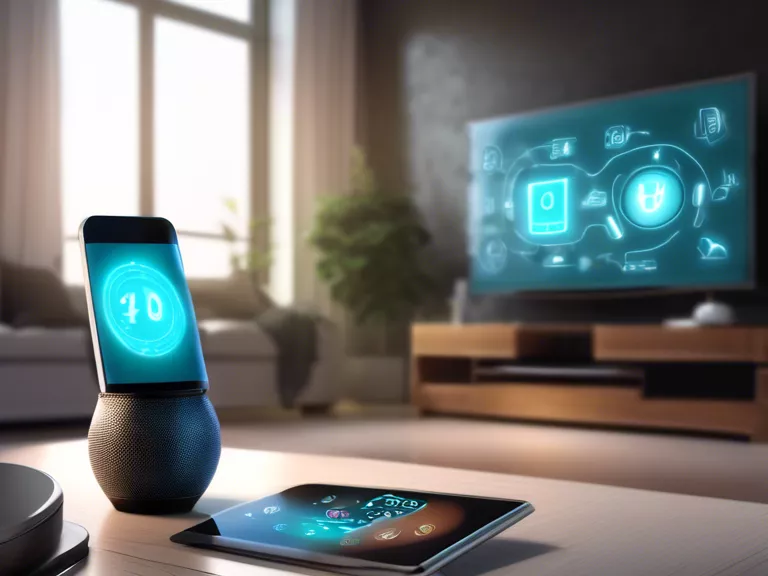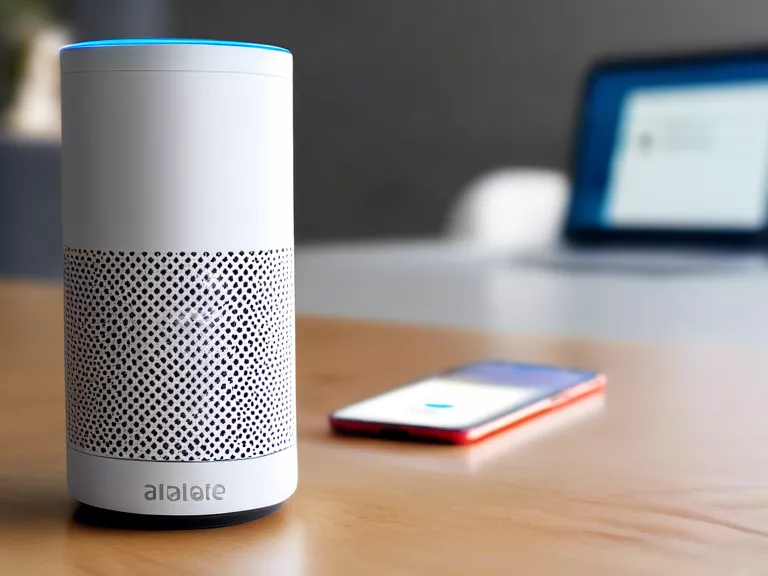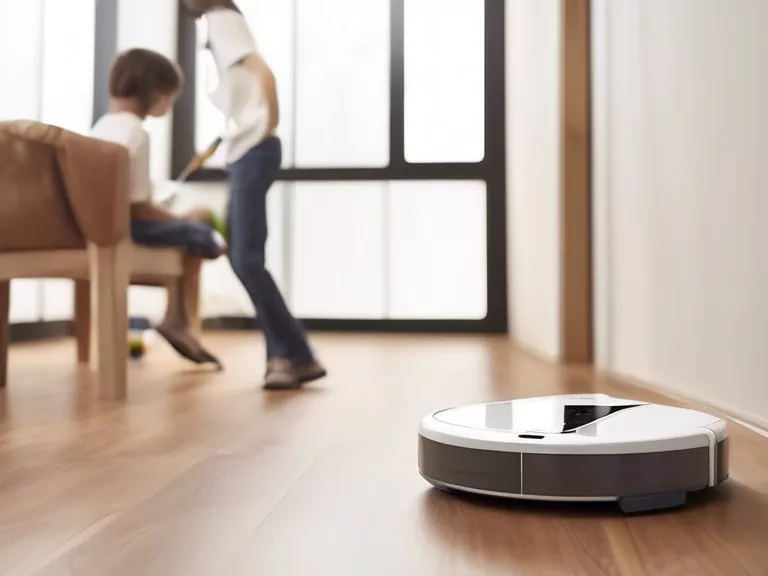
Smart home assistants like Alexa, Google Assistant, and Siri have become increasingly popular as household devices that help manage daily tasks, answer questions, and provide entertainment. However, these devices also play a crucial role in managing energy consumption within the home. By using smart home assistants to control various appliances, lights, and thermostats, homeowners can significantly reduce their energy usage and contribute to a more sustainable lifestyle.
One of the key features of smart home assistants is their ability to control multiple devices with simple voice commands or through a smartphone app. This means that homeowners can easily turn off lights, adjust thermostats, or even switch off appliances remotely, helping to eliminate unnecessary energy wastage. For example, forgetting to turn off lights or appliances when leaving the house is a common occurrence, but with a smart assistant, users can simply ask it to turn everything off with a voice command.
Additionally, smart home assistants can also provide valuable insights into energy consumption patterns within the home. By analyzing usage data, these devices can offer recommendations on how to optimize energy usage and reduce costs. For example, they can suggest setting timers for certain appliances or adjusting the thermostat to more energy-efficient settings. This information can help homeowners make informed decisions about their energy consumption habits and take steps towards a more sustainable lifestyle.
Furthermore, smart home assistants can integrate with other smart devices in the home to create a seamless energy management system. For instance, they can work with smart thermostats to automatically adjust temperature settings based on occupancy or weather conditions. They can also coordinate with smart plugs to monitor and control energy usage of individual appliances. By creating a connected ecosystem within the home, smart assistants can help optimize energy consumption and reduce overall costs.
In conclusion, smart home assistants play a vital role in managing energy consumption by allowing homeowners to control devices, analyze usage data, and create a connected ecosystem for efficient energy management. By leveraging the capabilities of these devices, homeowners can reduce their environmental impact, lower energy costs, and contribute to a more sustainable future.



